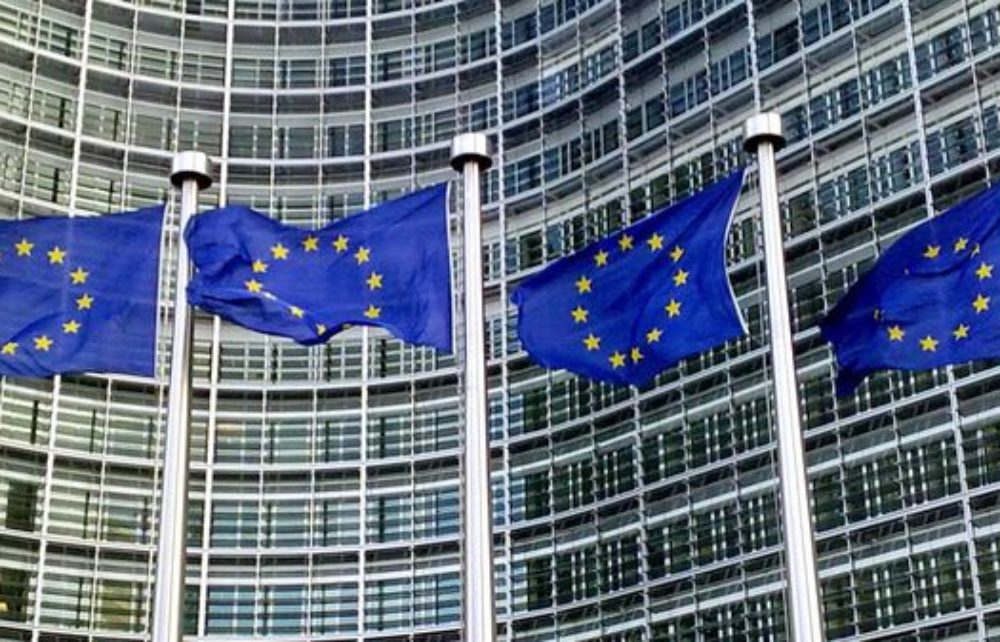The 16th India-European Union (EU) Summit meeting will take place in Porto, Portugal on May 8, 2021, an opportunity to “ramp up their engagement”, possibly leading to a new trade deal, according to former indian ambassador Ashok Sajjanhar.
“India and the EU, with 1.3 billion and 450 million people respectively, are the largest democratic spaces in the world and natural allies, who adhere to and promote rule of law, within their own territories and in the world. India and the EU stand on the threshold of an opportunity to ramp up their engagement to promote peace, security and prosperity domestically, regionally and globally”, Sajjanha wrote in an article for Manohar Parrikar Institute for Defence Studies and Analyses (IDSA).
In Portugal, Prime Minister Narendra Modi will interact with leaders of all 27 EU Member States and also confer with Charles Michel, President of the European Council, as well as Ursula von der Leyen, President of the European Commission.
The two sides, for instance, met in a virtual format in July 2020.
“India-EU interactions have taken place in the context of a challenging geo-political situation due to the rise of China on one hand and the decline of multilateralism, on the other. While these dynamics were present even before the onset of the pandemic, they have witnessed a sharp acceleration as a result of the pandemic”, Sajjanha says.
Indian Real Estate Group Sugee to Invest EUR 150 million in Portugal
It was during the Portuguese presidency of the EU in 2000 that the first ever EU-India Summit was held.
“That summit provided a significant impetus to bilateral ties. Fifteen Summit meetings have since been held. It is expected that the forthcoming Summit-level interaction will further invigorate and provide a fresh direction to the bilateral relationship, even as both sides grapple with bilateral, regional and global challenges”, the Indian diplomat adds.
The EU is India’s largest trading partner and largest investor in India.
“One of the most significant areas that both sides should focus on is to unblock the discussions on the Bilateral Trade and Investment Agreement, which was launched at the 7th India-EU Summit held at Helsinki in 2006”, adds the diplomat, who is also President of the Institute of Global Studies.
India and the EU at their July 2020 virtual summit decided to set up a Ministerial Group to break this logjam. Commerce Minister Piyush Goyal and the EU Commissioner for Trade, Valdis Dombrovskis, also met virtually in February 2021.
“It needs to be recognised that the issues which engaged the attention of negotiators in the initial stages of discussions are very different from the critical issues today, which range from data privacy and security, innovation, AI, 5G, supply chain resilience, investment security, technical standards, and others. It is also relevant that the United Kingdom (UK), which was the biggest stumbling block as regards the movement of Indian professionals to the EU, is no longer a factor in the talks, after Brexit”, the diplomat says.
“It is reported that the two sides are considering entering into a mini-trade deal to pluck some of the low-hanging fruits while continuing discussions on a comprehensive trade agreement. This would appear to be the prudent approach at this stage when the appetite for taking ambitious and bold decisions on both sides would be limited”, he adds.
Breakthrough in China-European Union Comprehensive Agreement on Investment
With strong criticism of Chinese actions, Sajjanha says the conclusion of the Comprehensive Agreement on Investment on the last day of the German Presidency on December 30, 2020 “has sent confusing signals to the world about the EU’s interest and commitment to push back against Chinese authoritarian policies”.
“This is seen by several analysts as an attempt by China to create fissures in the transatlantic partnership”, he adds.
China´s new stance, the diplomat says, makes it “imperative that like-minded entities like India and the EU, along with others like the US, Japan, Australia, France and the UK, act in concert to protect their core interests as well as promote common objectives”.




